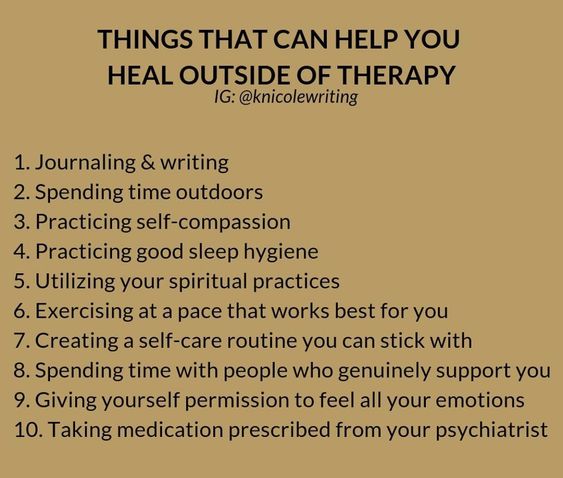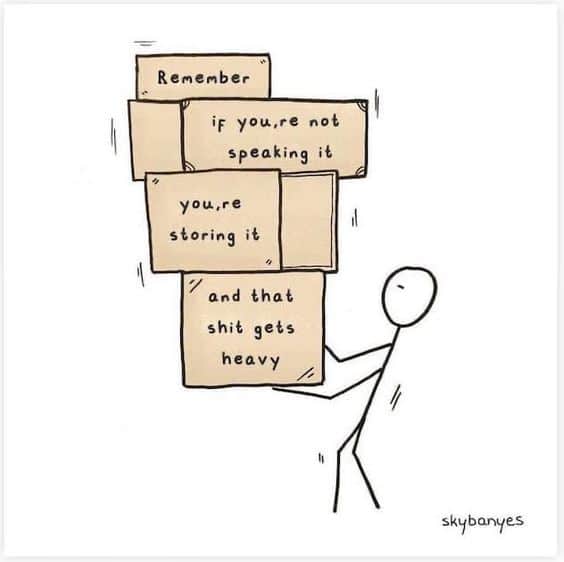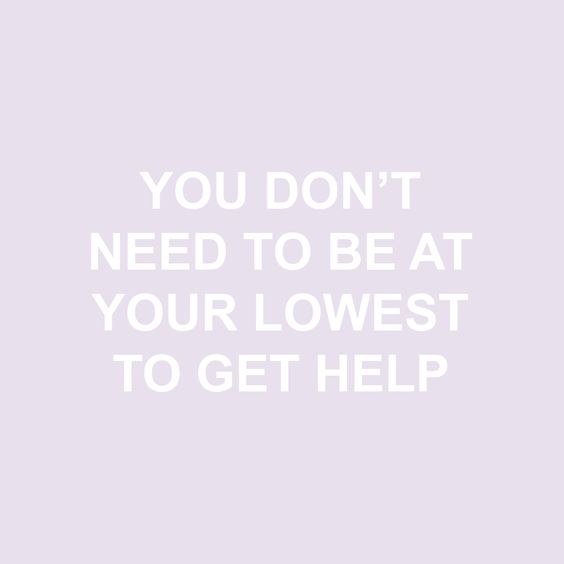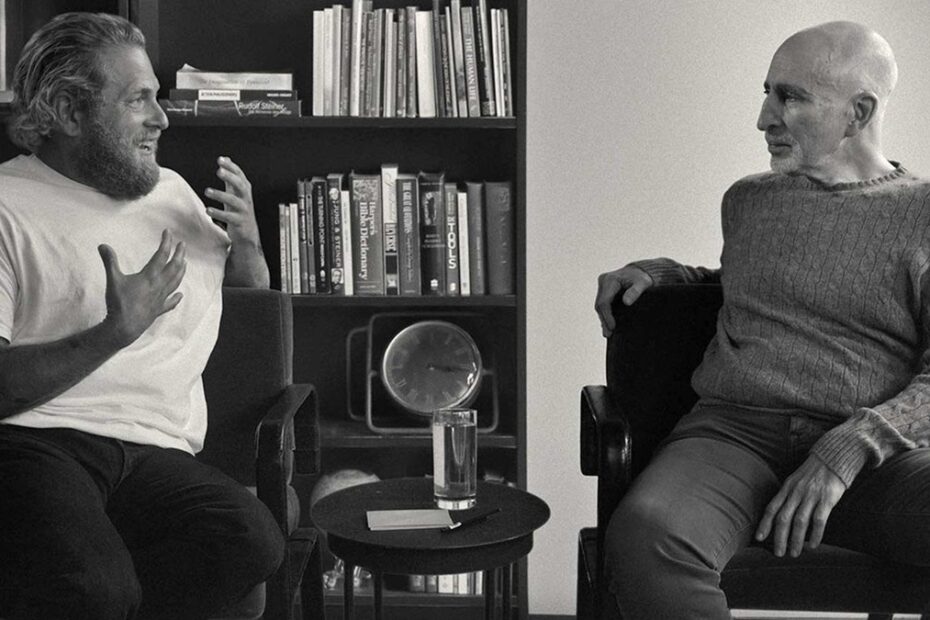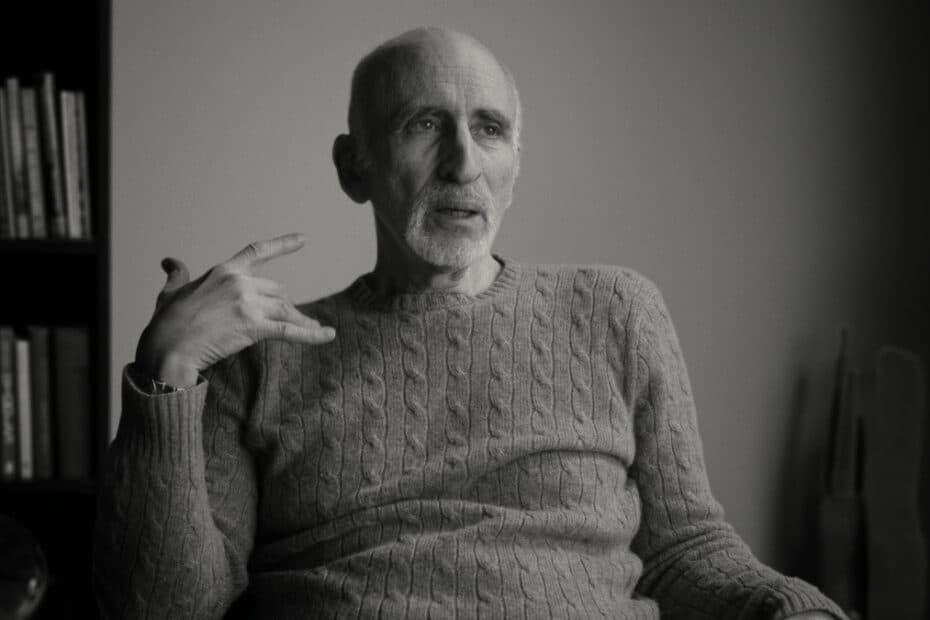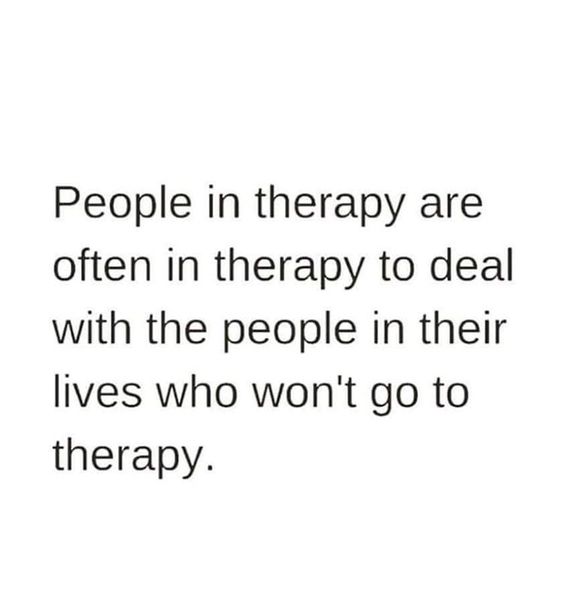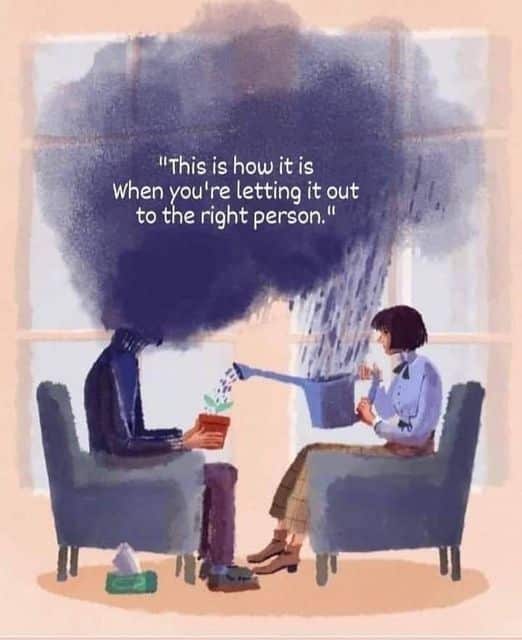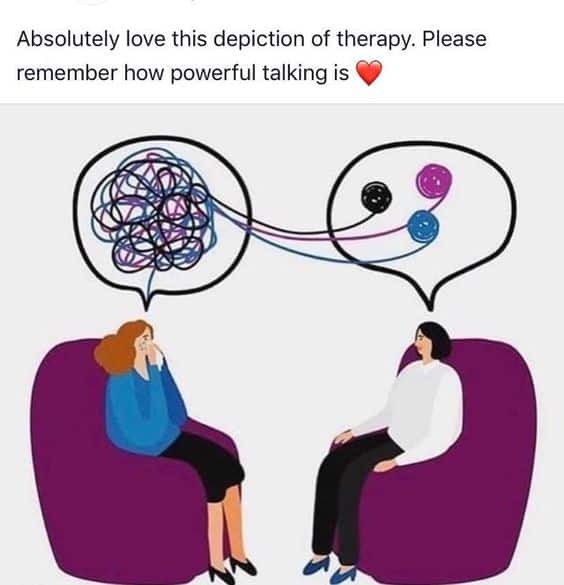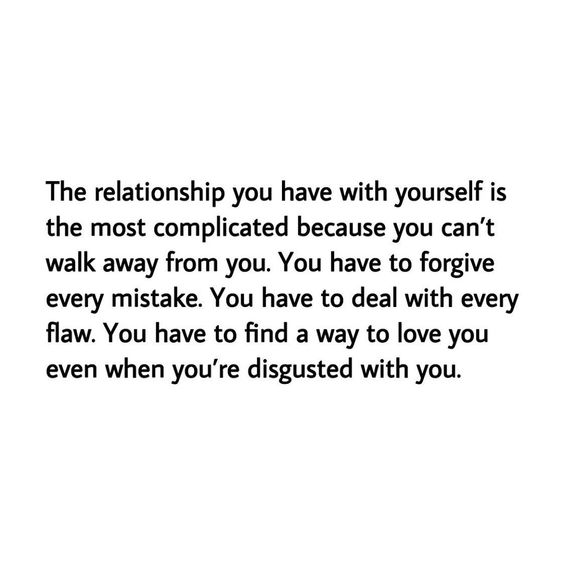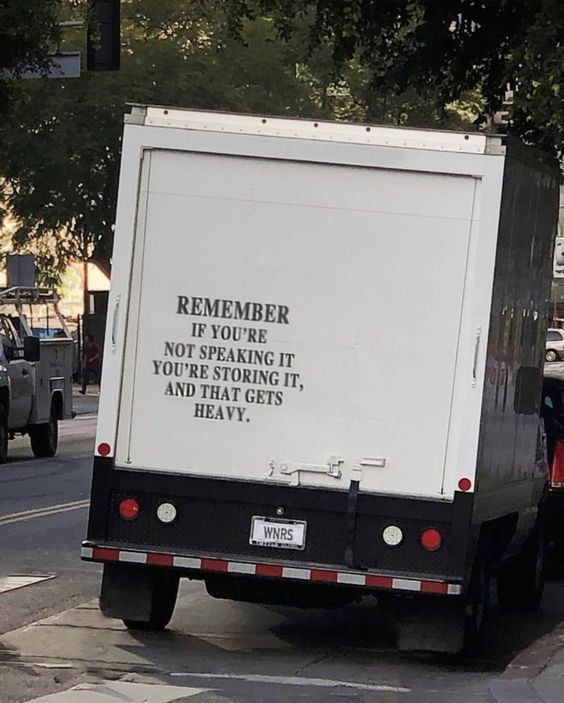“The critical question is this: Do you feel that your therapist is curious to find out who you are and what you, not some generic ‘PTSD patient,’ need? Are you just a list of symptoms on some diagnostic questionnaire, or does your therapist take the time to find out why you do what you do and think what you think? Therapy is a collaborative process—a mutual exploration of your self.”
Bessel van der Kolk, The Body Keeps The Score (Page 214) | ★ Featured on this book list.
“I don’t go to therapy to find out if I’m a freak
Dar Williams, What Do You Hear in These Sounds
I go and I find the one and only answer every week
And when I talk about therapy, I know what people think
That it only makes you selfish and in love with your shrink
But, oh how I loved everybody else
When I finally got to talk so much about myself”
“I gradually came to realize that the only thing that makes it possible to do the work of healing trauma is awe at the dedication to survival that enabled my patients to endure their abuse and then to endure the dark nights of the soul that inevitably occur on the road to recovery.”
Bessel van der Kolk, The Body Keeps The Score (Page 137) | ★ Featured on this book list.
“In many places drugs have displaced therapy and enabled patients to suppress their problems without addressing the underlying issues. Antidepressants can make all the difference in the world in helping with day-to-day functioning, and if it comes to a choice between taking a sleeping pill and drinking yourself into a stupor every night to get a few hours of sleep, there is no question which is preferable. For people who are exhausted from trying to make it on their own through yoga classes, workout routines, or simply toughing it out, medications often can bring life-saving relief. The SSRIs can be very helpful in making traumatized people less enslaved by their emotions, but they should only be considered adjuncts in their overall treatment.”
Bessel van der Kolk, The Body Keeps The Score (Page 36) | ★ Featured on this book list.
“[Elvin] Semrad taught us that most human suffering is related to love and loss and that the job of therapists is to help people ‘acknowledge, experience, and bear’ the reality of life—with all its pleasures and heartbreak. ‘The greatest sources of our suffering are the lies we tell ourselves,’ he’d say, urging us to be honest with ourselves about every facet of our experience. He often said that people can never get better without knowing what they know and feeling what they feel.”
Bessel van der Kolk, The Body Keeps The Score (Page 26) | ★ Featured on this book list.
“I’ve known great troubles, both mentally and emotionally, and many of them have been cured sitting alone in a room with a therapist. And, I’d argue just as many, if not more, have been cured spending fifteen to twenty minutes with my head on a women’s chest. Fucking is good. But it’s not medicine.”
Cole Schafer (January Black), One Minute, Please? (Page 132)
“When you talk to people whose worlds are burning down you keep your voice quiet, steady, still and consistent. Your voice controls the energy in the room and in many ways it controls the emotions of the individual in front of you.”
Eugene, via One Minute, Please? (Page 25)
15 Quotes from Stutz (2022) on Therapy, Healing, and Vulnerability
Excerpt: Phil Stutz made Jonah Hill’s life “Immeasurably better” from therapy. Read our quotes from Stutz to get some of the highlights on how.
Read More »15 Quotes from Stutz (2022) on Therapy, Healing, and Vulnerability
“For Marcus [Aurelius] philosophy was the therapy of the soul. In this sense, his Meditations are his medications.”
Diskin Clay, via Meditations (pag xxxiii)
Feeling Lost? Phil Stutz Says Don’t Try To Figure It Out. Here’s Why…
Excerpt: “If you’re lost, don’t try to figure it out—activate your life force instead.” What’s life force? Let Stutz—Jonah Hill’s therapist—explain…
Read More »Feeling Lost? Phil Stutz Says Don’t Try To Figure It Out. Here’s Why…
“In traditional therapy, you’re paying this person, and you save all of your problems for them, and they just listen, and your friends, who are idiots, give you advice. Unsolicited. And you want your friends just to listen. And you want your therapist to give you advice.”
Jonah Hill, Stutz
“When we lay claim to the evil in ourselves, we no longer need fear its occurring outside of our control. For example, a patient comes into therapy complaining that he does not get along well with other people; somehow he always says the wrong thing and hurts their feelings. He is really a nice guy, just has this uncontrollable, neurotic problem. What he does not want to know is that his ‘unconscious hostility’ is not his problem, it’s his solution. He is really not a nice guy who wants to be good; he’s a bastard who wants to hurt other people while still thinking of himself as a nice guy. If the therapist can guide him into the pit of his own ugly soul, then there may be hope for him… Nothing about ourselves can be changed until it is first accepted.”
Sheldon Kopp, If You Meet The Buddha On the Road, Kill Him, via Sunbeams (Page 137)
